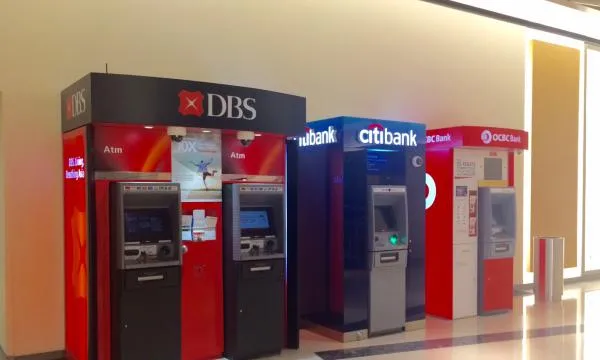
Singapore banks receive boost from regulator's hardline stance against e-wallet lending
Entities would need a banking license first before using deposits to extend loans.
The decision by the Monetary Authority of Singapore (MAS) to ban e-wallet operators from using the funds they have to extend loans comes at the benefit of banks who are poised to enjoy their dominance over the deposit scene much longer, according to Moody’s Investors Service.
MAS managing director Ravi Menon was quoted in local media reports that e-wallet operators are required to ring-fence their wallet funds under the new Payment Services Bill and that entities operating under a payment service provider license would have to first secure a banking license before they can use deposits to make loans.
“The regulatory barrier will protect incumbent banks' lending margins and support revenue streams amidst growing competition from fintech players,” the research agency said in a report.
Also read: Unified QR code boost banks' cashless agendas
Moody’s notes that the restrictions will help Singapore avoid the pitfall of aggressive lending practices and systemic effect of defaults as they take into account capital and liquidity requirements and risk management practices - a positive development for the sector as a whole.
“[R]egulation and oversight of e-wallet operators will keep their business growth and associated risks in check, benefiting financial sector stability.”
The hardline stance against e-wallets stands in contrast with China who has been significantly friendlier towards fintech firms operating mobile wallets like JD.com and Alibaba who have been able to use wallet funds to make loans without the need to meet the same regulatory requirements as their banking counterparts.
Due to the lighter regulatory environment in China, defaults amongst these platforms particularly in P2P platform have risen steadily over the last five years, noted Moody’s, which the firm believes reflects the vulnerabilities of the online lending business model where oversight is poor.
The Payment Services Bill will regulate entities according to the payment activities they provide. Mobile wallet operators with an average daily electronic money float of more than $5m will have to fully secure and safeguard the funds.






![Lorem Ipsum [ABF 1]](https://cmg-qa.s3.ap-southeast-1.amazonaws.com/s3fs-public/styles/exclusive_featured_article/public/2025-03/a_hand_pointing_to_a_futuristic_technology_5b87c9d0e3_1.png.webp?itok=2w0y1WhS)


![Cross Domain [Manu + SBR + ABF + ABR + FMCG + HBR + ]](https://cmg-qa.s3.ap-southeast-1.amazonaws.com/s3fs-public/styles/exclusive_featured_article/public/2025-01/earth-3537401_1920_4.jpg.webp?itok=WaRpTJwE)








 Advertise
Advertise

